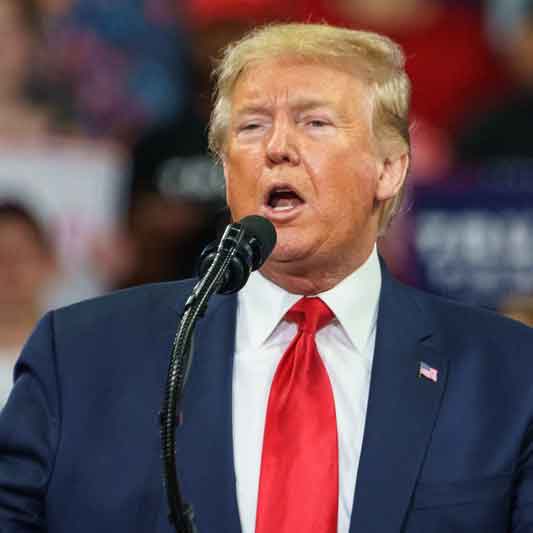On May 8, President Donald Trump declared two new national holidays, naming May 8 as “Victory Day for World War II” and November 11 as “Victory Day for World War I.” However, these announcements will not result in additional days off for Americans.
In a Truth Social post, Trump explained that the new holidays recognize the United States’ contributions to both world wars.
“We won two World Wars, but we never took credit for it — Everyone else does! All over the World, the Allies are celebrating the Victory we had in World War II. The only Country that doesn’t celebrate is the United States of America, and the Victory was only accomplished because of us,” Trump stated.
The president emphasized that these celebrations would not lead to additional time off work. Trump noted that the nation would remain open on these holidays, stating, “because we already have too many Holidays in America — There are not enough days left in the year. We were Workers then, and we are Workers now!”
May 8’s designation aligns with “Victory in Europe Day” (V-E Day), already observed by numerous Allied countries to commemorate Nazi Germany’s surrender. Historians point out that for the U.S., World War II concluded in August 1945 with Japan’s surrender, following the bombings of Hiroshima and Nagasaki.
Trump’s decision to name November 11 as “Victory Day for World War I” has sparked debate, as this date is already Veterans Day, a federal holiday since 1938. Originally Armistice Day, it marked the end of World War I on November 11, 1918, but was renamed in 1954 to honor all American veterans.
Amid concerns about potentially renaming Veterans Day, White House Press Secretary Karoline Leavitt clarified that the administration is “not renaming Veterans Day… It will just be an additional proclamation that goes out on that day.”
Veterans’ organizations have expressed concern regarding the president’s remarks about renaming the holiday. Changing Veterans Day to “Victory Day for World War I” would alter 87 years of tradition recognizing November 11 as a day for all veterans.
During his previous presidency, Trump issued a Veterans Day proclamation describing it as a time for Americans “to pause to pay tribute to all who have proudly worn our nation’s uniform.” His current announcement marks a notable shift in his description of the holiday’s intent.
The legal standing of Trump’s declarations remains uncertain. Establishing official federal holidays generally requires congressional action, not solely a presidential proclamation. To date, no executive order has been signed for these changes, nor has legislation been introduced to formally establish them.
The U.S. already observes several military-related holidays, including Memorial Day in late May, which honors those who died in military service, and Veterans Day on November 11, which celebrates all American military veterans.
Despite Trump’s assertion that the U.S. does not celebrate its World War victories, the nation has conducted remembrance ceremonies in May, August, and September for decades. Former President Harry Truman, in office during World War II’s conclusion, issued a proclamation in August 1946 declaring August 14 as “Victory Over Japan Day.”
The president’s announcement occurs amid heightened patriotic sentiment and as the nation approaches significant military anniversaries, including the 80th anniversary of World War II’s Allied victory.
According to White House sources, documentation on the official status of these new commemorative days is forthcoming. For now, Americans can expect standard business operations on both dates, with potential ceremonial events to acknowledge the nation’s military achievements.

